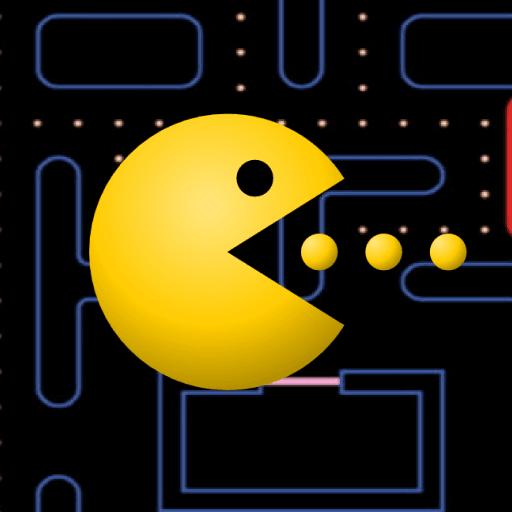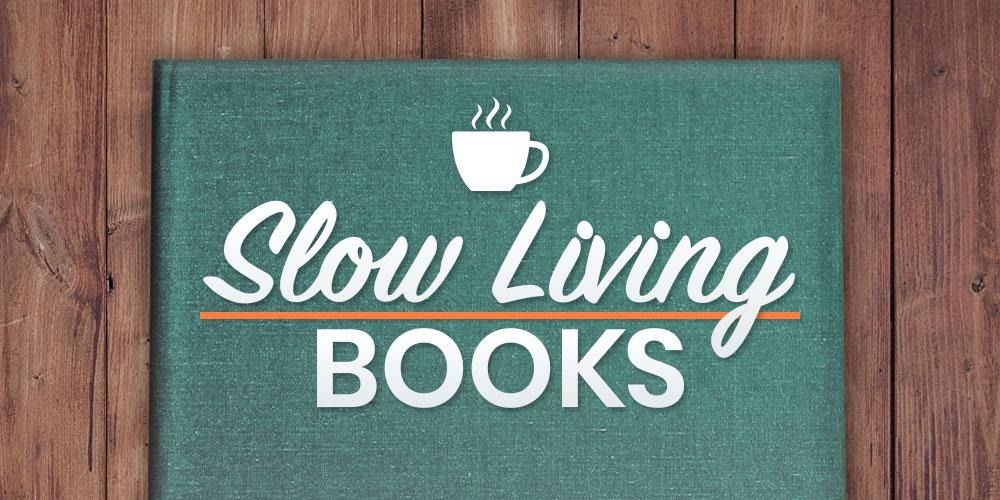

In a world that seems to move at an ever-increasing pace, the concept of slow living has gained significant traction. Let’s learn more about this topic below with Pacman as we explore the best books on slow living to inspire a simpler lifestyle.
In recent years, the concept of slow living has emerged as a powerful antidote to the frenetic pace of modern life. As technology advances and our lives become increasingly interconnected, many individuals are feeling overwhelmed and seeking ways to simplify their existence. This desire for a more mindful and intentional approach to daily life has given rise to a plethora of books on slow living, each offering unique insights and practical advice for those looking to embrace a simpler lifestyle.
One might wonder how Pacman, the iconic video game character, relates to the concept of slow living. While Pacman’s world is filled with constant movement and the pursuit of pellets, the game itself can be seen as a metaphor for the importance of pacing oneself and finding moments of calm amidst chaos. Just as Pacman must navigate maze-like environments and avoid ghosts, we too must learn to navigate the complexities of modern life while maintaining our sense of purpose and well-being.
As we delve into the best books on slow living, we’ll explore how various authors have approached this topic, offering readers a diverse range of perspectives and strategies for embracing a more deliberate and meaningful existence. These books serve as guides, helping readers to reassess their priorities, cultivate mindfulness, and create space for what truly matters in life.
When it comes to exploring the world of slow living, there are numerous books that offer valuable insights and practical advice. Here, we’ll take a closer look at some of the most highly regarded titles in this genre, each offering a unique perspective on how to cultivate a simpler, more intentional lifestyle.
“In Praise of Slowness” by Carl Honoré is often considered a cornerstone of the slow living movement. Honoré’s book explores the origins of our obsession with speed and examines how the cult of speed has impacted various aspects of our lives, from work and leisure to food and relationships. Through engaging anecdotes and thoughtful analysis, Honoré makes a compelling case for the benefits of slowing down and offers practical strategies for incorporating more slowness into our daily routines.
Another essential read in the slow living genre is “Essentialism: The Disciplined Pursuit of Less” by Greg McKeown. While not explicitly focused on slow living, McKeown’s book aligns closely with the principles of simplicity and intentionality that are central to the slow living philosophy. The author argues that by focusing on what is truly essential and eliminating the non-essential, we can lead more meaningful and satisfying lives. McKeown’s approach to essentialism provides readers with a framework for making deliberate choices about how to spend their time and energy, much like how Pacman must strategically navigate his maze to achieve his goals.
“The Things You Can See Only When You Slow Down” by Haemin Sunim offers a more contemplative approach to slow living. Drawing on his experiences as a Buddhist monk, Sunim shares wisdom on mindfulness, relationships, and self-care. The book is structured in short, easily digestible chapters, making it perfect for those looking to incorporate moments of reflection into their busy lives. Sunim’s gentle guidance encourages readers to pause and appreciate the present moment, reminding us of the profound insights we can gain when we take the time to slow down and observe.
While the philosophical underpinnings of slow living are important, many readers are seeking practical advice on how to implement these principles in their daily lives. Several books offer concrete strategies and exercises for embracing a slower, more intentional lifestyle.
“Slow: Simple Living for a Frantic World” by Brooke McAlary is a standout in this category. McAlary shares her personal journey towards slow living and offers a wealth of practical tips for decluttering, simplifying, and creating more space in one’s life. The author’s approachable writing style and relatable experiences make this book an excellent choice for those just beginning to explore the concept of slow living.
“The Joy of Missing Out” by Tonya Dalton takes a unique approach to slow living by focusing on the power of saying no. Dalton argues that by carefully curating our commitments and learning to decline non-essential activities, we can create more time and space for what truly matters. This book is particularly valuable for those who feel overwhelmed by their to-do lists and are looking for strategies to regain control of their time.
“Digital Minimalism” by Cal Newport addresses the impact of technology on our ability to live slowly and intentionally. Newport offers a philosophy for using technology more mindfully, along with practical steps for digital decluttering. In a world where constant connectivity is the norm, this book provides valuable insights into how we can use technology as a tool rather than allowing it to dominate our lives.
As we explore these books on slow living, it’s important to consider how we can incorporate their teachings into our daily routines. Just as Pacman must navigate his maze with strategy and patience, we too must approach the implementation of slow living principles with intention and persistence.
One common theme across many of these books is the importance of mindfulness. Practicing mindfulness can be as simple as taking a few deep breaths before starting a task or spending a few minutes each day in quiet reflection. These small acts can help ground us in the present moment and prevent us from getting caught up in the frenetic pace of the world around us.
Another key principle of slow living is the art of simplification. This doesn’t necessarily mean getting rid of all our possessions or quitting our jobs to live off the grid. Rather, it’s about identifying what truly adds value to our lives and letting go of the rest. This might involve decluttering our physical spaces, streamlining our schedules, or reassessing our commitments to ensure they align with our values and priorities.
Many of the books mentioned also emphasize the importance of connection – both with ourselves and with others. In our fast-paced world, it’s easy to lose touch with our inner selves and neglect our relationships. Slow living encourages us to make time for self-reflection and to nurture our connections with friends, family, and community.
As we delve deeper into the world of slow living, it becomes clear that this philosophy is not just about slowing down for the sake of it. Rather, it’s a powerful tool for personal growth and self-discovery. Many of the books we’ve explored highlight the transformative potential of embracing a slower, more intentional lifestyle.
“The Power of Slow” by Christine Louise Hohlbaum explores how slowing down can actually increase our productivity and effectiveness. By taking the time to approach tasks mindfully and with full attention, we can often achieve better results than if we were to rush through them. This concept is reminiscent of the strategic approach required in Pacman, where careful navigation often yields better results than frantic movement.
Hohlbaum’s book also delves into the psychological benefits of slow living, including reduced stress, improved decision-making, and increased creativity. By creating more space in our lives, we allow ourselves the opportunity to explore new interests, deepen our relationships, and engage more fully with the world around us.
“Destination Simple” by Brooke McAlary offers a roadmap for those looking to simplify their lives and create more room for personal growth. McAlary emphasizes the importance of identifying our core values and aligning our daily actions with these values. This process of self-reflection and intentional living can lead to a greater sense of purpose and fulfillment.
While the benefits of slow living are clear, it’s important to acknowledge that adopting this lifestyle can be challenging, especially in a world that often seems to value busyness and constant productivity. Many of the books we’ve discussed address these challenges head-on, offering strategies for overcoming societal pressures and internal resistance to slowing down.
“The Slow Home Podcast” companion book by Brooke McAlary and Ben Milbourne tackles common obstacles to slow living, such as the fear of missing out (FOMO) and the pressure to constantly be productive. The authors offer practical advice for setting boundaries, managing expectations, and cultivating a mindset that values quality over quantity.